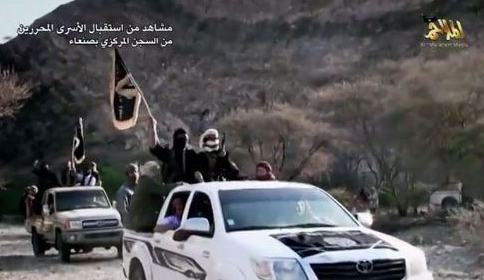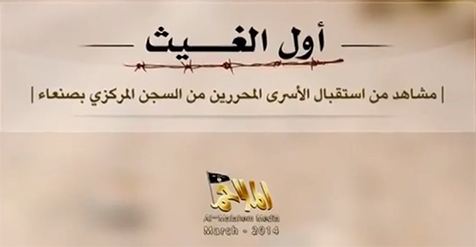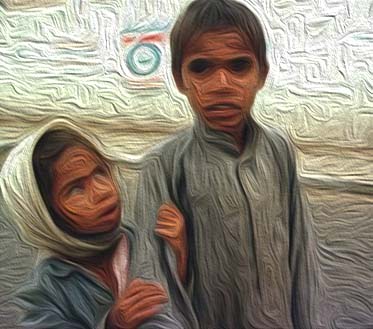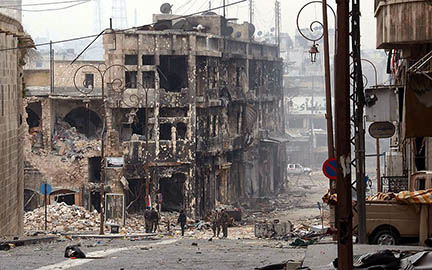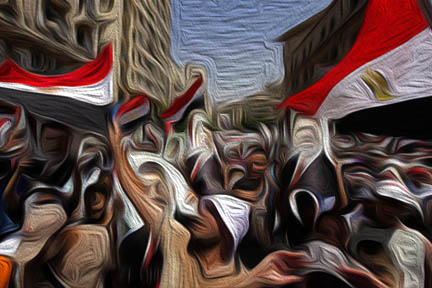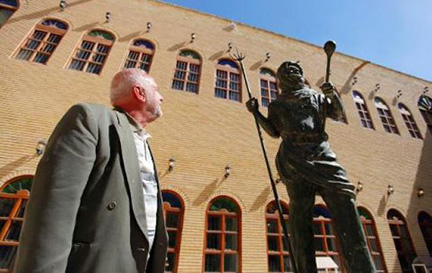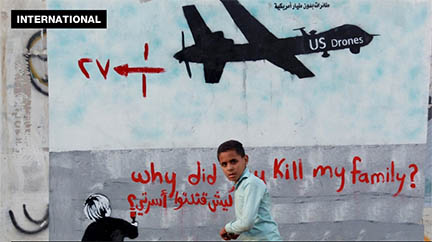
YEMENIS AFFECTED BY U.S. DRONE STRIKES TO LAUNCH VICTIMS’ UNION
by Amel Ahmed, Al Jazeera, March 31, 2014
Friends and family members of victims of U.S. drone strikes in Yemen are launching a national drone victims’ organization Tuesday to support affected communities and lobby for a change in Yemeni government policy regarding the covert program.
The National Organization for Drone Victims (NODV), with the assistance of UK-based legal charity Reprieve, will conduct investigations of drone strikes and highlight the civilian impact of the U.S.’ controversial drone program in Yemen.
Baraa Shiban, the project coordinator for Reprieve, told Al Jazeera that the constant presence of drones in Yemen is devastating communities. “We are talking almost 50 percent of the country — ten provinces in total — who suffer from the constant hovering of drones.â€
Shiban said that NODV will assist affected communities in the aftermath of drone strikes by focusing on the economic impact of the loss of families’ primary bread-winners, psychological trauma and physical injuries. Continue reading Against the Drones
